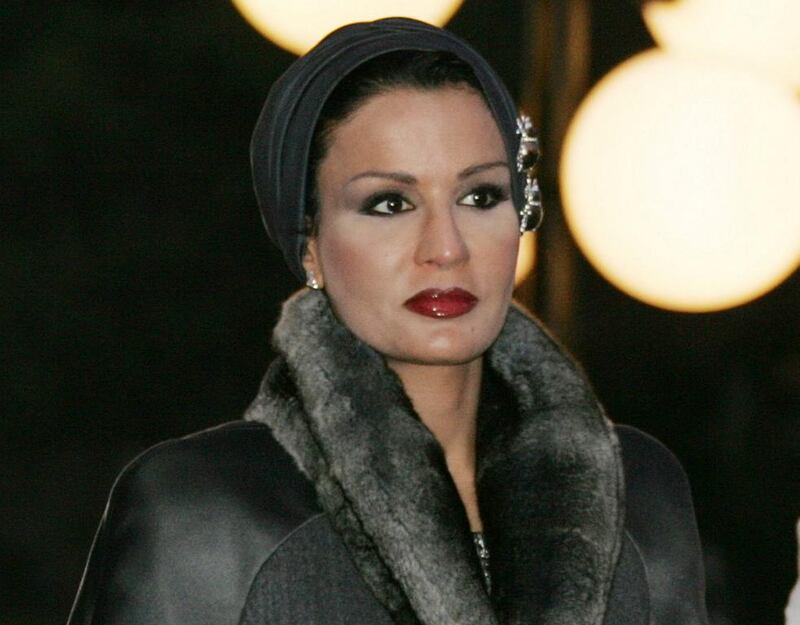The way westerners perceive Islam and Muslims is too greatly influenced by outdated, skewed or just plain wrong stereotypes. What’s worse, as Qatar’s Sheikha Mozah pointed out this week, too often a Muslim is first and foremost identified as a Muslim rather than a fellow human being. “Whether they are Pakistani, Malaysian, Senegalese, or even British-born, their multiple identities are levelled under a constructed monolith of Islam,” she said. Her observation is crucially important. Rarely do people in the West define themselves or each other primarily, let alone exclusively, by their religion. While religion informs who we are and what we do, it does not deny us the right to be seen as individuals.
Sheikha Mozah, the mother of the emir of Qatar and wife of his predecessor, also warned that media coverage of violent extremism by the likes of ISIL had led to Muslims being “dehumanised”, and that a division between East and West was creating a “fear and suspicion of all things Islamic”. She spoke out against the often-propagated notions that Islam does not allow freedom of expression and was stuck in medieval times.
Significantly, she was speaking at the opening of a new building at the Middle Eastern Centre at St Antony’s College in Oxford. Oxford University has, of course, built a formidable global reputation for its academic excellence, and the Middle East Centre, founded in 1957, has been lauded for its research, resources and teaching of Islamic history and contemporary Islamic studies. It has benefited from significant endowments from Qatar and other Islamic countries.
It is, of course, the job of a university to study phenomena and explain them, and Sheikha Mozah has identified one area that requires deeper inquiry: a pervasive Islamaphobia that has taken hold in the West even though it defies logic. There is a powerful and seemingly impenetrable intellectual framework that has been constructed around the coverage of Muslims and Islam in the West that will take years to deconstruct. But that is what must happen. And a new framework for impartial intellectual inquiry – and, especially, for media and public discourse – must be constructed in its place.





